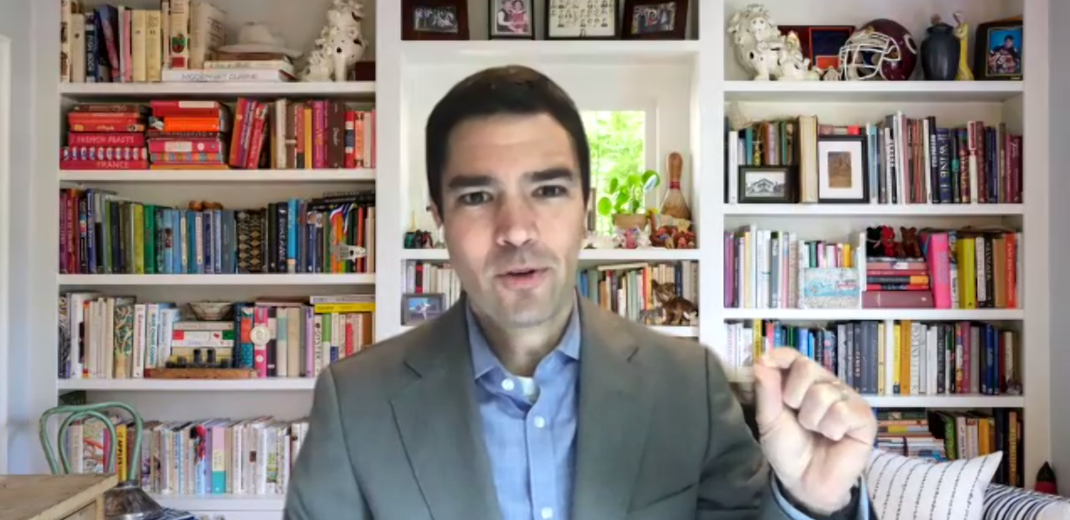Revisions to Section 230 Would be Fraught With Dangerous Implications, Say Lincoln Network Panelists
June 17, 2020 — Conversations around the removal or revision of Section 230 are often fraught with treacherous implications for free speech online, said participants in a Wednesday Lincoln Network webinar. Panelists discussed an NBC News report from Tuesday, which incorrectly claimed that Google’s a
Elijah Labby

June 17, 2020 — Conversations around the removal or revision of Section 230 are often fraught with treacherous implications for free speech online, said participants in a Wednesday Lincoln Network webinar.
Panelists discussed an NBC News report from Tuesday, which incorrectly claimed that Google’s ad company would ban conservative news website The Federalist from running ads on its website because of racist content in its comment section. A clarification from Google came later in the day.
“The Federalist was never demonetized,” Google tweeted. “We worked with them to address issues on their site related to the comments section. Our policies do not allow ads to run against dangerous or derogatory content, which includes comments on sites.”
However, Google Ads permanently banned the conservative financial blog Zero Hedge from running ads with its program, citing similarly racist content in its comment section.

Screenshot of NetChoice Vice President Carl Szabo from the webinar
Despite this, Carl Szabo, Vice President and General Counsel at NetChoice, said that ad companies should not cater their policies to the specific industries of their users.
“What I raise concern with and what causes a breach of trust is when certain groups try to ask for special treatment,” he said. “That’s what you’re seeing in the media right now, is certain groups asking Google to treat them differently because they happen to engage in political content.”
Is discrimination against conservatives on tech platforms exaggerated?
Other participants said that the concerns about discrimination against conservatives were over exaggerated.
“One of the challenges there is that the reason that perceptions exist is because of a concerted… campaign to make people hold that belief,” said Renee DiResta, Technical Research Manager at the Stanford Internet Observatory.

Screenshot of Stanford Internet Observatory Technical Research Manager Renee DiResta from the webinar
Despite this, Iggy Ventures CEO Rick Lane said that the monitoring of such content can lead to free speech issues if the websites have nowhere to go for advertisers.
The major Silicon Valley advertising companies have the power not only to demonetize, but also “to basically monetize,” he said. “But if revenue is your livelihood, and they’re able to cut you off, well, that raises some questions when there’s no other place to go.”
The panel also discussed the various implications of government compulsion to moderate the content of popular websites. Szabo said that while The Federalist incident was a “mountain out of a molehill, at the end of the day,” the sites themselves had an incentive to police content on their platforms.
“If I think that going on to a platform is a giant cesspool of trash stuff, I’m not going to go there,” he said. “So, there is the financial incentive by these platforms to engage in the content moderation.”
The participants said that whether or not the government repealed Section 230 had no bearing on free speech rights.
“The First Amendment, not Section 230 of the Communications Decency Act, protects it,” Szabo said. “So there’s clearly a lot of misunderstanding about what Section 230 does.”
“And at the end of the day, if we want more stability, more good content on the internet and less bad stuff, we need to protect Section 230,” he added.










Member discussion